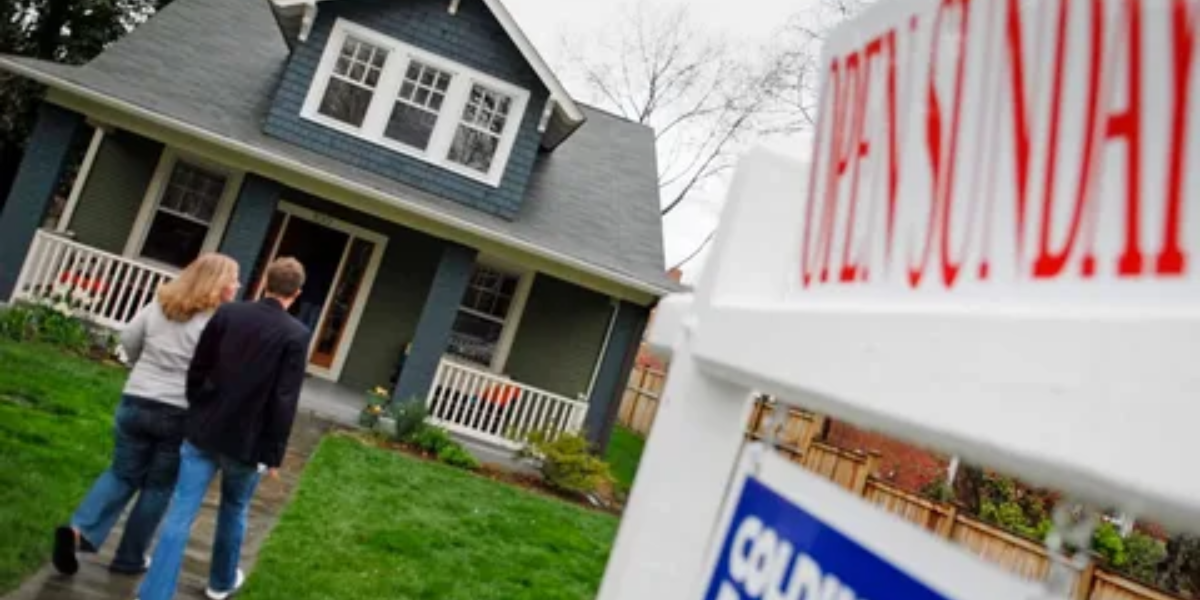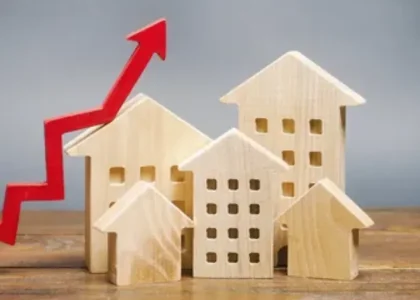Understanding the Hot Housing Market

In recent years, many regions have experienced a surge in housing demand, leading to what’s commonly known as a “hot housing market.” This phenomenon brings both opportunities and challenges to homeowners, prospective buyers, and policymakers alike. In this article, we’ll delve into the intricacies of a hot housing market, explore its causes and impacts, and discuss effective strategies to cool it down while maintaining sustainability.
Signs of a Hot Housing Market
Identifying a hot housing market involves observing certain indicators. These may include rapid price appreciation, low inventory levels, high buyer demand, and quick turnaround times for property listings. Additionally, multiple offers on properties and bidding wars often characterize such markets.
Causes Behind a Hot Housing Market

Several factors can contribute to the heating up of a housing market. These may include low mortgage rates, population growth, limited housing supply, investor speculation, and favorable economic conditions such as job growth and wage increases. Additionally, societal trends like urbanization and changes in lifestyle preferences can fuel housing demand.
The Impact of a Hot Housing Market
While a hot housing market can be beneficial for sellers, allowing them to fetch higher prices for their properties, it poses challenges for buyers, particularly first-time buyers and those with limited financial resources. It can also exacerbate issues related to housing affordability, inequality, and social displacement.
Challenges Faced in a Hot Housing Market

In addition to affordability concerns, a hot housing market can lead to issues such as housing bubbles, where prices rise unsustainably before eventually bursting, causing financial instability. Moreover, it can contribute to rental affordability problems, as rising home prices often correlate with increased rental costs.
Strategies to Cool Down a Hot Housing Market
Addressing a hot housing market requires a multifaceted approach involving government intervention, market regulation, and community engagement. Here are some effective strategies:
Implementing Government Policies

Governments can enact policies aimed at cooling down the housing market, such as tightening lending standards, imposing taxes on speculative investments, and introducing measures to increase housing supply.
Encouraging Housing Development
Promoting the construction of new housing units, particularly affordable housing, can help alleviate supply shortages and moderate price increases. This may involve streamlining the regulatory approval process, providing incentives for developers, and investing in infrastructure.
Regulation of Speculative Investments

Regulating speculative activities, such as house flipping and real estate speculation, can prevent excessive price speculation and market volatility. Measures like imposing restrictions on short-term rentals and introducing vacancy taxes can discourage speculative behavior.
Promoting Affordable Housing
Ensuring access to affordable housing is crucial for maintaining a healthy housing market. Governments and policymakers can incentivize the development of affordable housing projects through subsidies, land-use policies, and public-private partnerships.
Addressing Supply Chain Issues

Supply chain disruptions, such as shortages of construction materials and skilled labor, can hinder housing construction efforts. Implementing measures to address these challenges, such as diversifying supply sources and investing in workforce training programs, can help mitigate supply constraints.
Educating Homebuyers and Sellers
Educating consumers about the risks and dynamics of a hot housing market can empower them to make informed decisions. Providing resources on topics like mortgage affordability, housing market trends, and responsible borrowing can help prevent speculative behavior and promote financial literacy.
Building a Sustainable Housing Market
In while a hot housing market can present opportunities for sellers, it also poses challenges for buyers and threatens the overall stability of the housing market. By implementing a combination of government policies, market regulations, and community initiatives, stakeholders can work together to cool down overheated markets while promoting affordability, sustainability, and equitable access to housing for all. Building a sustainable housing market requires collaboration and foresight, but the long-term benefits are well worth the effort.
Click here for more visited Posts!






